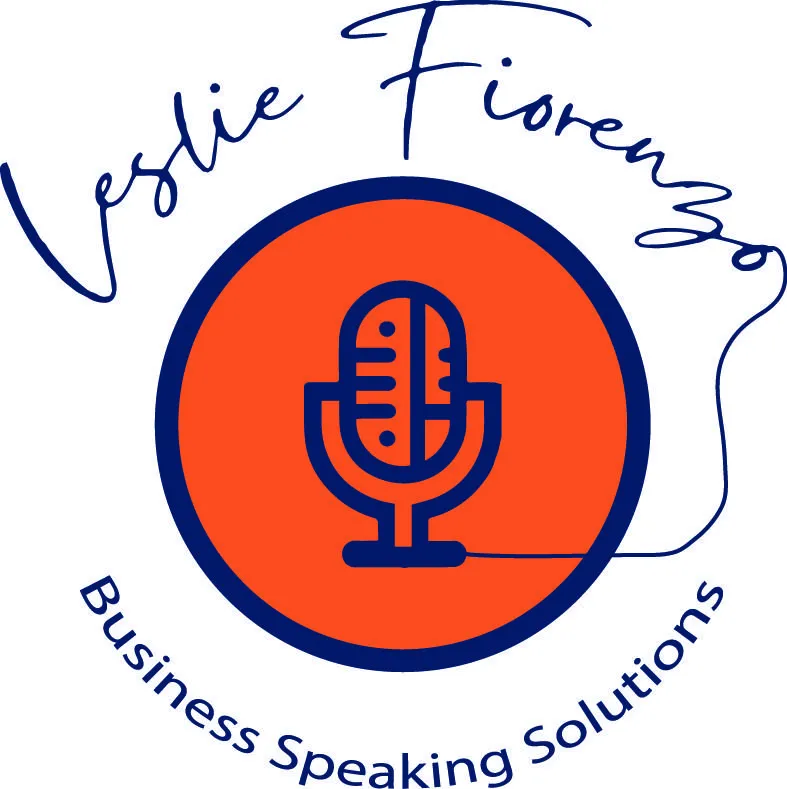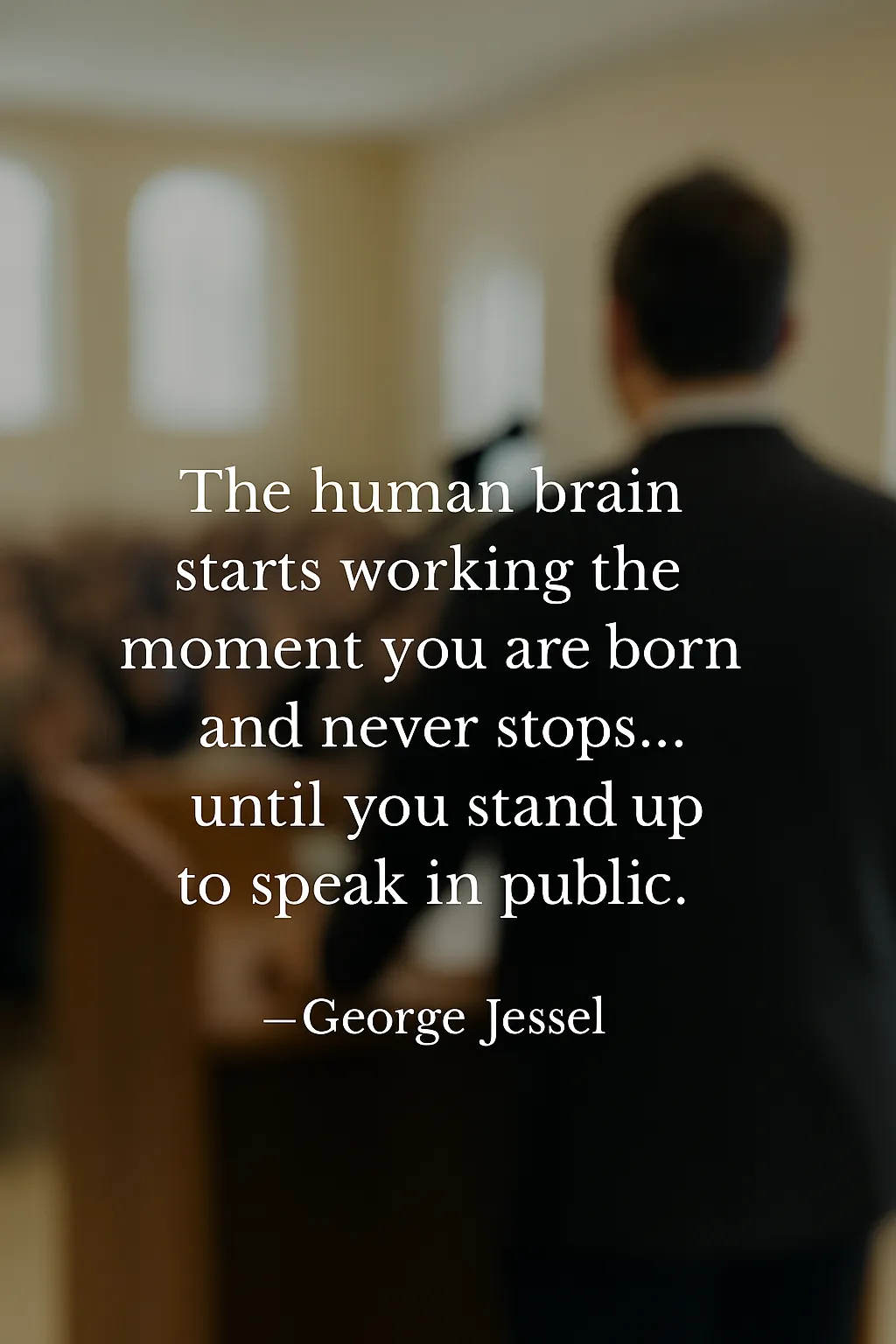
Blogs

When You Blank Out: How to Recover Gracefully from Speaking Slip-Ups
We’ve all been there. You’re speaking, everything’s flowing, and then—poof—the next word, idea, or story just disappears from your brain. It’s like your thoughts packed up and left the room without warning.
Even experienced speakers (yes, myself included!) draw a blank sometimes. The good news? A blank moment doesn’t have to derail your confidence—or your credibility. In fact, when handled with grace, it can actually enhance your presence by showing poise under pressure.
Let me share two moments that reminded me how important recovery is—and how your audience is more forgiving than you think.
Story 1: The Tagline That Got Away
A few weeks ago at a weekly networking event, I was giving my usual 60-second intro. I always wrap it up with my tagline: “Helping you captivate your audience.” But on this particular morning, I just… couldn’t remember it. I knew it started with “Helping you…” and then… blank. Nothing.
I paused, looked around the room, and said with a smile, “Well, I guess my tagline isn’t as memorable as I thought—it seems no one else can finish it either!” That got a laugh. And right after, the rest of it came back to me. I finished strong.
What could have been an awkward stumble became a relatable moment. Why? Because I didn’t panic. I acknowledged it lightly and moved on. Everyone in the room knew exactly what it feels like to forget something under pressure. That tiny crack in the armor? It made the message—and me—feel more human.
Story 2: The Fish Story That Swam Away
Another time, during a presentation I’d practiced thoroughly, I reached a slide that said “Fish Story”—my personal cue to share an anecdote I’d told dozens of times. But that day? Nothing. I stared at the slide and… nothing came.
I looked at the audience, smiled, took a pause, and calmly advanced to the next slide. I didn’t apologize or announce that I’d forgotten something. I simply moved on.
No one knew there was supposed to be a story. No one looked confused. No one called it out. Why? Because, as a wise mentor once told me: “Your audience doesn’t know what you’re going to say. If you miss a beat, don’t let it phase you. Just keep going.”
That advice has stayed with me. And it’s something I now share with every client I coach.
3 Practical Moves to Recover Like a Pro
If you’ve ever blanked out in a meeting, during a presentation, or in a one-on-one conversation, here are three ways to bounce back with confidence:
1. Pause, Don’t Panic
When you go blank, your instinct might be to rush or apologize. Instead, pause. Take a breath. Smile if it feels natural. A short silence feels much longer to you than to your audience—and it gives your brain time to reset.
2. Name It (When Appropriate)
If you forget a line or phrase that your audience knows you typically use (like a tagline or quote), calling it out with humor or humility can build connection. You’re not performing perfection—you’re showing presence. But don’t dwell on it. Acknowledge, recover, move forward.
3. Keep Moving
If you completely forget a story or point, simply skip it. Audiences don’t have your script. What feels like a missing puzzle piece to you likely goes unnoticed by them. Trust that what you do say is enough. Keep your energy flowing forward.
Why This Matters
We often equate effective speaking with flawless delivery. But it’s not perfection that connects—it’s authenticity, adaptability, and presence.
Your ability to recover tells your audience something powerful: you’re human, you’re composed, and you know how to lead through uncertainty. That’s a skill worth developing—and celebrating.
The next time you blank out, remember: you’re not alone. With a breath, a little humor, and a forward motion, you’ll recover like a pro.
Interested in More?
I wrote about a formula I use called M.A.P.S. in a prior post, click here to read it.



